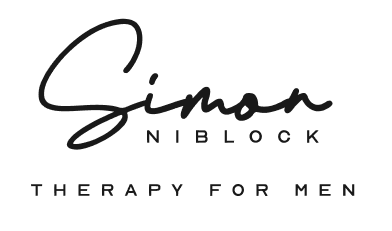A Mantra for Regulating Anger
Anger is a complex creature. As humans, the emotion of anger is an integral part of our makeup. Our perception of anger can vary. Some individuals avoid anger at all costs, while others express it explicitly. As each of our emotions, anger serves the distinct purpose of highlighting a specific cognitive, emotional, or relational need.
Here is a simple, yet very effective mantra or self-directed statement that you can adopt to help navigate the experience of anger.
Say any of all of these calming statements to yourself:
I do not need to prove myself in this situation; I can stay calm.
As long as I keep my cool, I am in control of myself.
What other people might say is their own opinion. Opinions are not facts. I am the only person who can make myself angry or keep myself calm.
I will allow myself to take time-out to de-escalate if I feel that I am getting worked up or recognize my anger cues or signals.
In difficult or stressful situations, I do not need to feel threatened or fearful. I can relax and stay calm. Being calm will allow me to make better choices.
I do not have to be solid and competent all the time. It is okay to feel unsure or confused at times. Uncertainty will not make me less of a man.
It is impossible to control other persons and all situations. I can only positively do this if they are open to the process.
Need more information or support with expressing anger? Uncertain as to why you might be experiencing out of control or persistent anger? Contact me to schedule a free 20 minutes consultation.
Simon G. Niblock, MA, LMFT, is a licensed psychotherapist, specializing in men’s mental health and wellness. He provides tailored psychotherapy services and online programs for men and is the author of the Anxiety Workbook for Men, Evidence-based Exercises to Manage Anxiety, Depression, and Worry.
Important Notice: The content in this article is for informational purposes only. It does not replace direct professional mental health, medical treatment, or professional care in any way. Seek the support of a physician or other qualified healthcare provider to diagnose and treat any mental health concern directly. Contact 911 or your local emergency services number if you are experiencing a mental health emergency.

